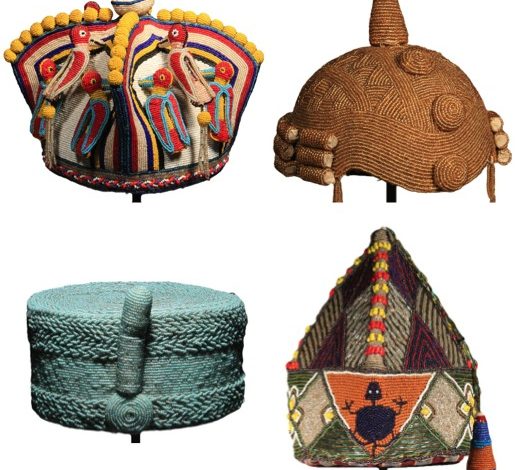The Lagos State Governor, Babajide Sanwo-Olu, has initiated an inclusive review of the Obas and Chiefs Law of 2015 to address gaps in the existing laws and modernize them in line with current realities and governance.
The Attorney General and Commissioner for Justice, Lawal Pedro, announced this on Wednesday at a stakeholders’ meeting held in Alausa, Ikeja.
Pedro lamented the erosion of respect for traditional institutions, blaming it on a combination of misconduct, the proliferation of unverified chieftaincy titles, and prolonged litigation over succession rights.
“Our royal fathers remain symbols of cultural continuity and community leadership. But today, with due respect, the institution is under threat from land grabbing, unlawful upgrades, and chieftaincy titles not rooted in the community’s customs”.
The commissioner added that the review aimed to address gaps in the existing law and redefine the roles of traditional rulers to include conflict resolution, peacekeeping, and partnership in community development.
According to him, the proposed amendments will formally recognize traditional rulers as partners in maintaining law and order, mediating disputes, and conveying government policies to grassroots communities.
The traditional ruler of Ikorodu, Oba Kabiru Shotobi, called for greater legal clarity on the status of divisional and provincial chieftaincy councils. He urged the Lagos government to take action against individuals falsely claiming to be monarchs.
The traditional ruler also objected to any attempt to alter the current leadership structure of the State Council of Obas, which recognizes four vice-chairpersons from the state’s four traditional divisions.
He insisted that local Chief Transit Committees should be consulted before any appointments are made at the state level, urging the government to ensure chiefs are not excluded from the ongoing reform.
Shotobi requested one month for traditional rulers to review the draft law and return with coordinated input. He also requested a legal framework to recognize traditional dispute resolutions handled within palaces.
“Our decisions are sometimes ignored in court due to a lack of legal backing. We need enabling laws to make our rulings count”.
The Solicitor General and Permanent Secretary at the Ministry of Justice, Hammed Oyenuga, added that the forum presented an opportunity for collaboration among stakeholders in traditional governance.




